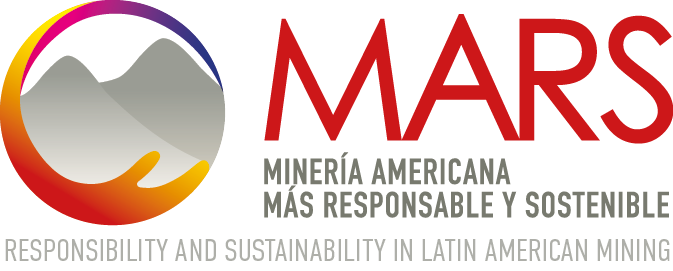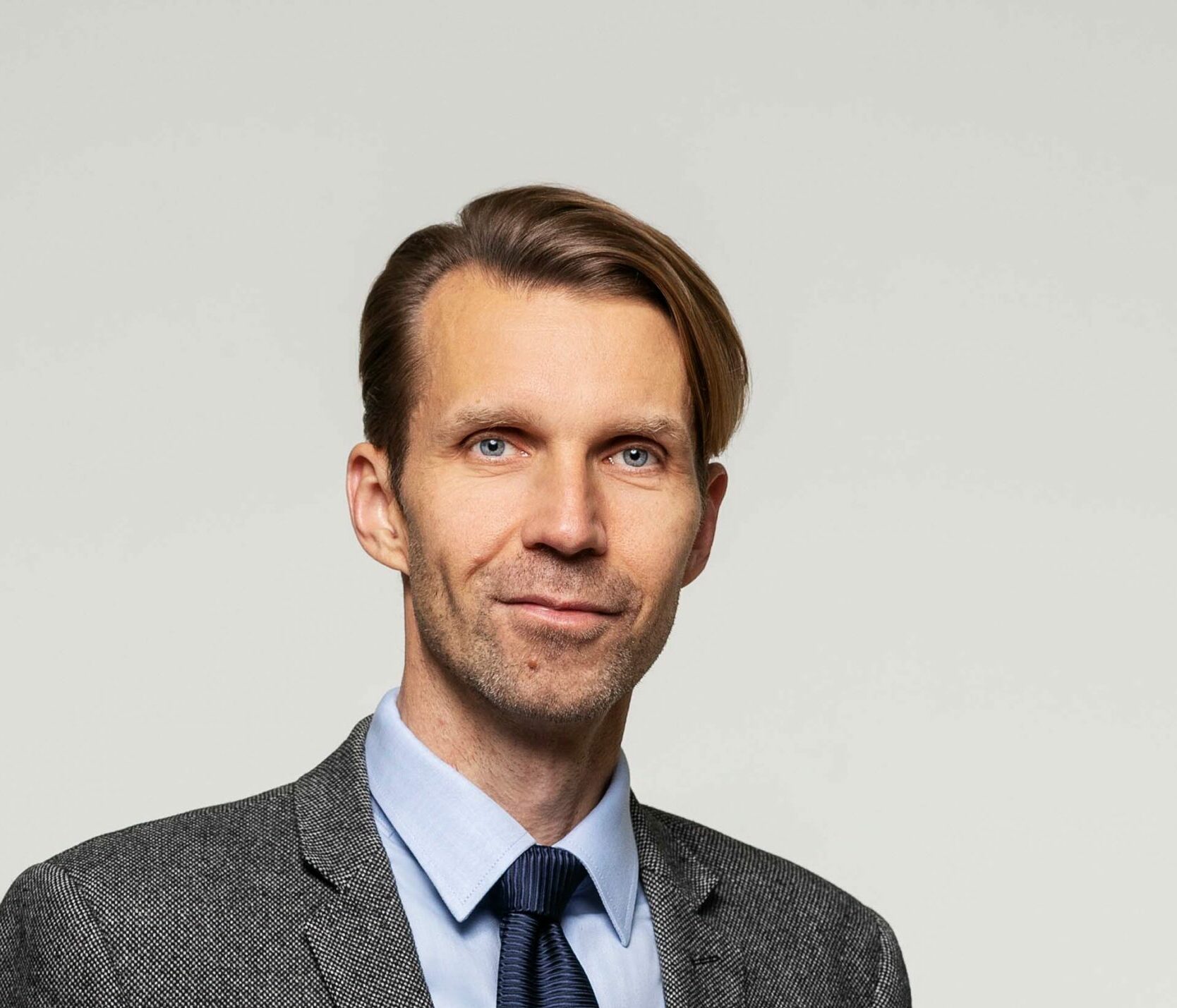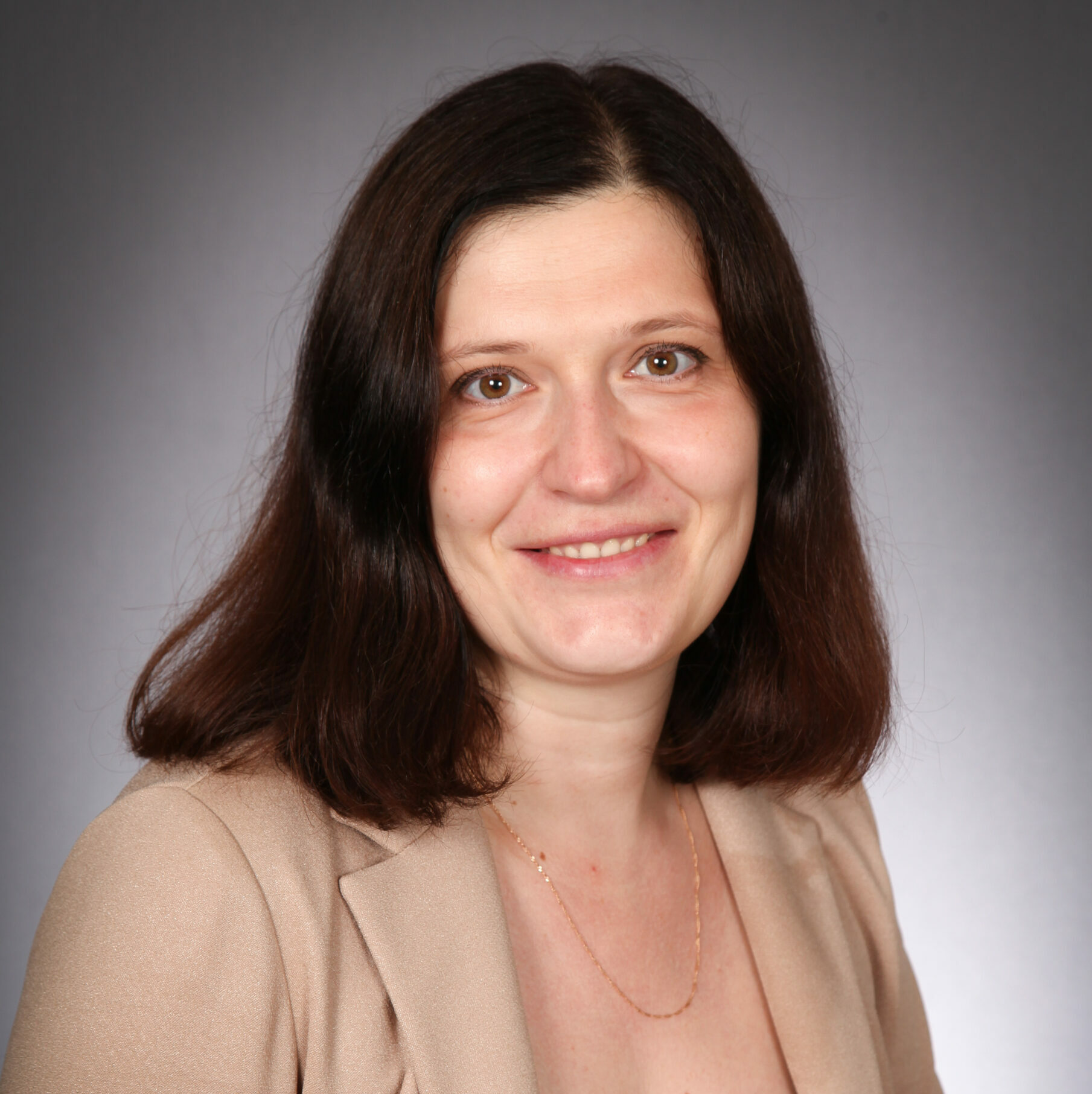Responsibility and Sustainability in Latin American Mining
Securing minerals for the green transition by addressing environmental and human rights risks

Our programme for responsible and sustainable mining, also known by its Spanish acronym MARS (Minería Americana Responsible y más Sostenible), takes a regional perspective on the sustainability challenges posed by the increasing demand for minerals needed for the global energy transition.
The programme is the result of co-creation between business, the financial sector, embassies, experts and representatives of civil society. MARS is fully funded by the Swedish International Development Cooperation Agency (Sida) and implemented in cooperation with regional partners.
Latin America has become a key region for diversifying supply chains and securing access to transition minerals as it has some of the world’s largest known reserves of copper and lithium as well as significant amounts of graphite, nickel and other transition minerals. Mining therefore has the potential to become a growth engine in Latin American economies. However, mineral extraction is accompanied by risks that negatively affect the environment and communities, and social conflicts are rooted in mining in many regions throughout Latin America.
Why is this important?
In consultation with affected stakeholders and companies throughout the mineral supply chain, civil society organisations and leading experts, and with support from the Swedish embassies in the region, we formed a Swedish-Latin American partnership to promote more responsible mining as a regional competitive advantage.
3 routes to impact.
Inclusive water management in lithium extraction
Lithium is today a key component for the electrification of vehicles and the generation and storage of electricity. A large portion of the world’s lithium resources are found in Argentina, Bolivia and Chile. Extraction of lithium can have an impact on local ecosystems and water resources, and in turn on the traditional economic activities of the surrounding communities. At the same time, it has the potential to contribute to job creation and better infrastructure.
Our partner, the Stockholm Environment Institute (SEI), has developed a process for more inclusive water management. By promoting participatory processes and co-developing analytical tools, a fairer and hopefully more constructive dialogue may be achieved. Together, we can contribute to improved conflict management in relation to lithium extraction.
Multi-stakeholder dialogue in copper mining
Copper is important in renewable power generation, electric vehicles and wiring and cabling for energy storage, and is often mined on a large scale. In many countries, mining is key to economic development as it generates investment, tax revenues and can contribute to development in remote areas. At the same time, large-scale copper mining is one of the main causes of social conflict as it is linked to pollution, relocation of communities and disputes over the use of land and water resources in the arid Andean region.
In cooperation with the Inter-American Development Bank, we will promote an inclusive stakeholder platform by involving companies, local governments and communities in decision-making about development projects. This model has yielded promising results to resolve conflict in large-scale mining in the region and has the potential to be systematised.
Regional alignment of ESG standards and good practices
Through peer exchange, trainings and promotion of good practices, we support stakeholders across the region to align with and implement existing human rights and environmental sustainability standards and frameworks. Key partners include mining associations, civil society platforms and intergovernmental initiatives.
MARS will actively align with and strengthen existing regional initiatives and strive to increase leverage on sustainability challenges by involving our members, partners, regional business partners and other relevant stakeholders.



